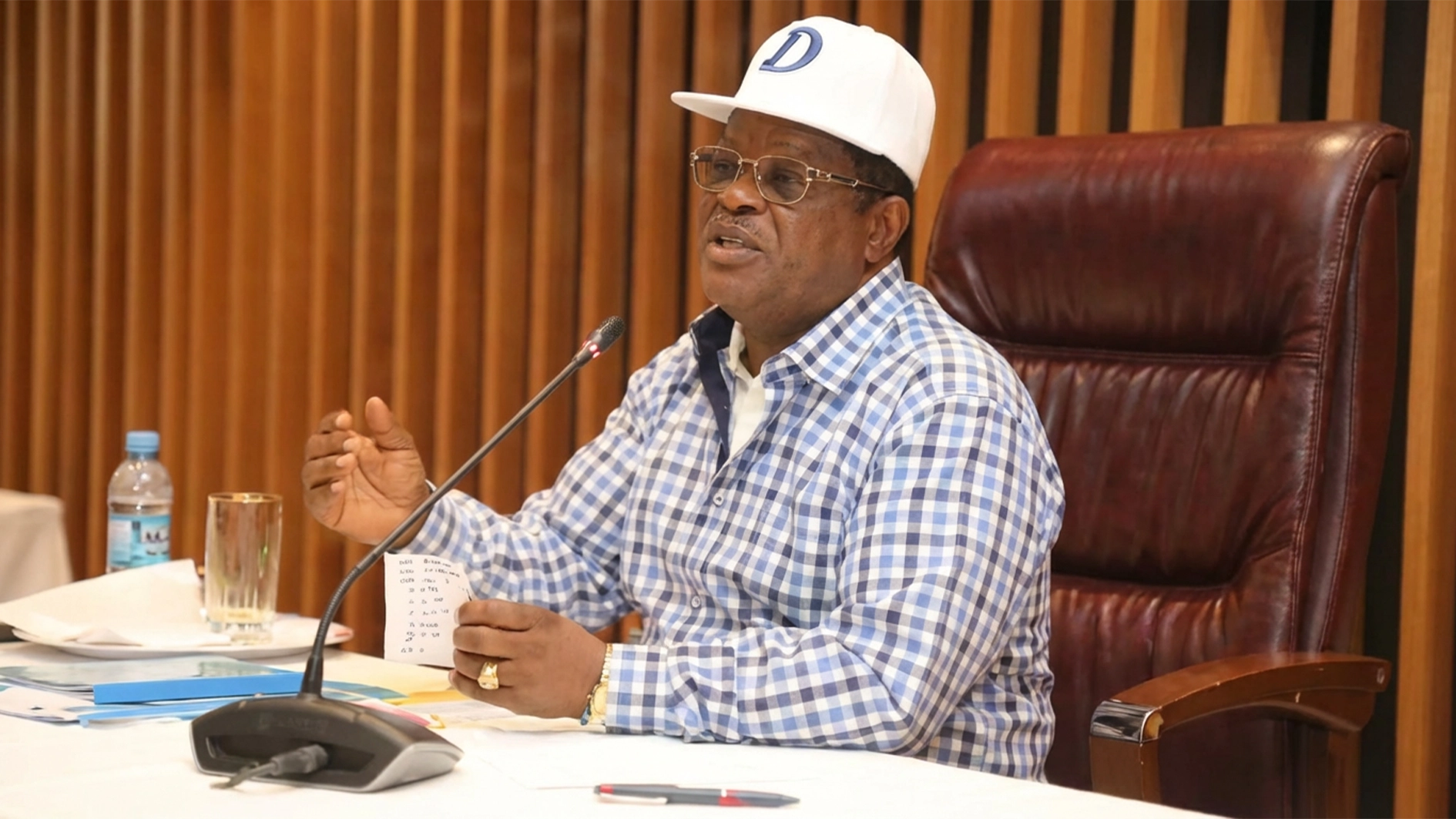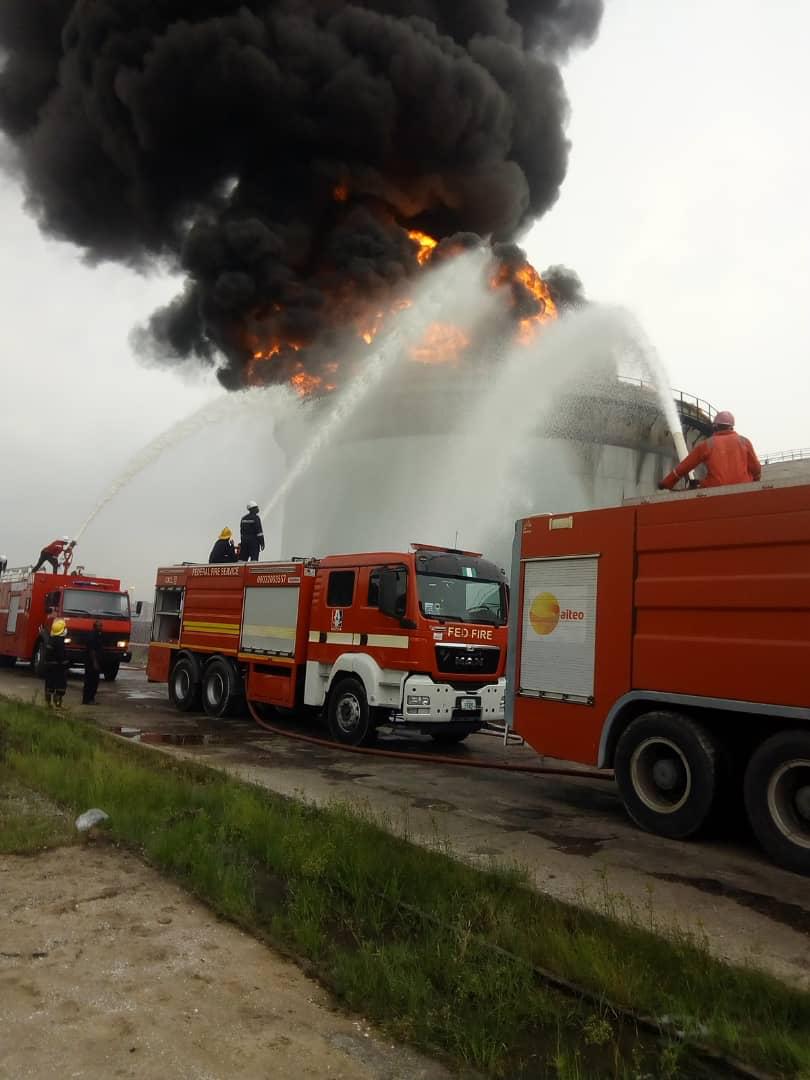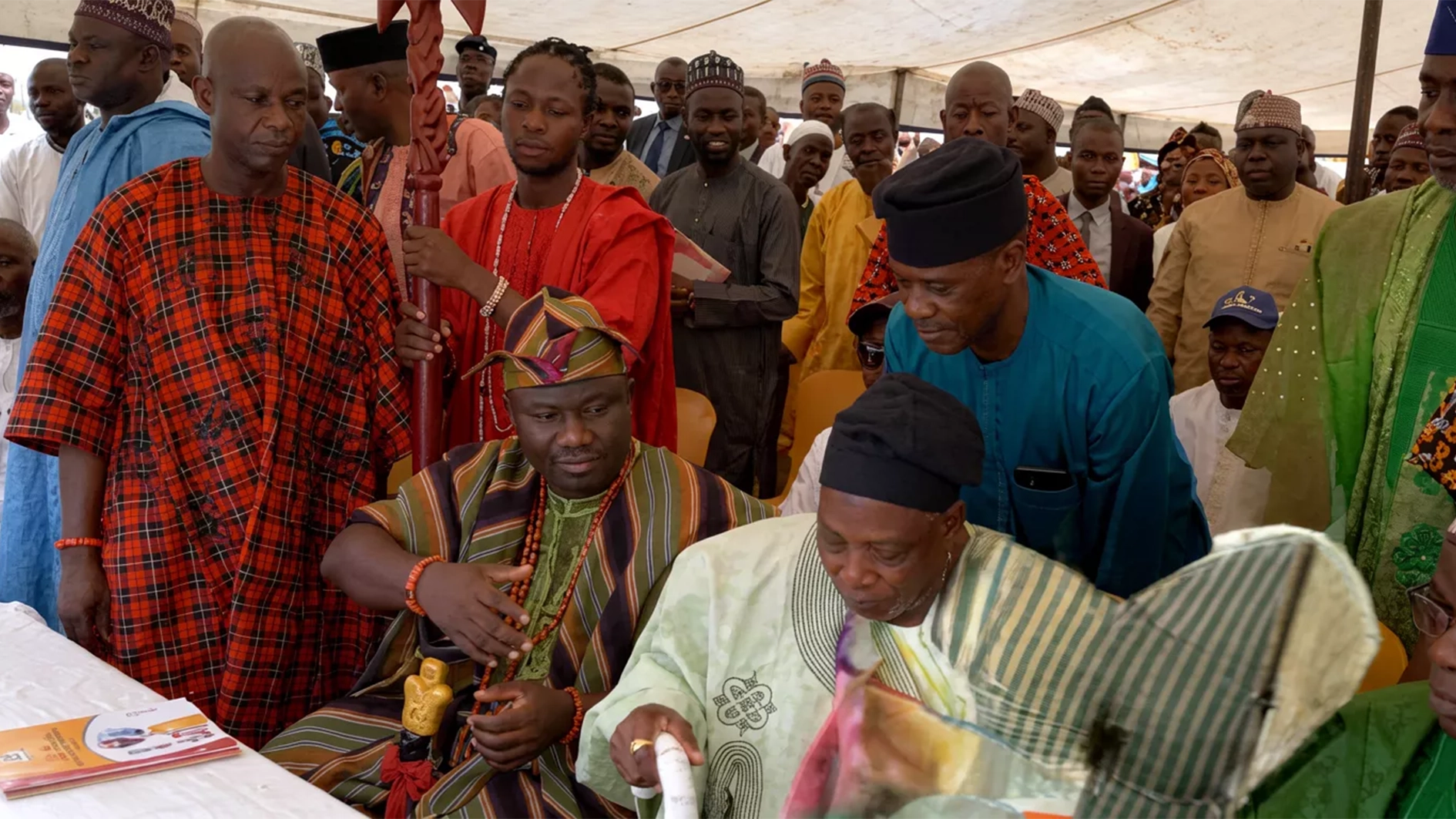
Marwa, who stated this in her paper titled ‘The Intersectionality of Poverty and Gender in North Central Nigeria’, presented as a guest lecturer at the Distinguished Public Lecture of the Federal University, Lokoja, Kogi State, regretted that despite several intervention programmes, poverty persists among women.
She said: “Imagine a land where resources are plentiful, yet the hands that toil hardest remain the most deprived. In the heart of North Central Nigeria, this paradox is the daily reality for millions of women. While the region is celebrated for its rich cultural heritage and abundant resources, its women are caught in the relentless grip of poverty working tirelessly but rarely reaping the rewards of their labour. These women don’t just face economic hardship; they endure a web of systemic inequalities that restrict their progress, dim their potential, and amplify their struggles.”
“According to the National Bureau of Statistics (2020), 70 per cent of Nigerians below the poverty line are women. North Central Nigeria has a 57.3 per cent poverty rate among women, versus 45.5 per cent among men. Women face education barriers, with 59.3 per cent literacy rate compared to 74.4 per cent for men (UNDP, 2020). Only 21 per cent of women engage in paid employment (ILO, 2020). These statistics represent restricted opportunities and lost potential”, she lamented.
While contextualising the challenges that make it difficult for women to break the cycle of poverty, Marwa noted that “in predominantly Muslim areas, cultural norms may prioritise early marriage for girls, which can limit their educational opportunities. A woman from a rural community may face significant barriers to owning land due to traditional inheritance laws that favour male relatives.
“In urban settings, women from low-income backgrounds may struggle to access quality healthcare. Intersectionality encourages us to consider how gender, along with factors like ethnicity, marital status, and location, affects a woman’s experience of poverty. For example, a widowed woman in a rural area faces different challenges than a married woman in a city, impacting their access to resources and risk of violence.”
To address these challenges, she said there must be an urgent focus on the actionable implementation of effective anti-poverty programmes that should adopt a multi-faceted approach to create lasting change.
This, she said must include economic empowerment; vocational training and skills development programmes; community-based social protection initiatives; improved access to healthcare; education and awareness programmes; and deployment of technology as a powerful tool for expanding financial inclusion and access to essential services.






